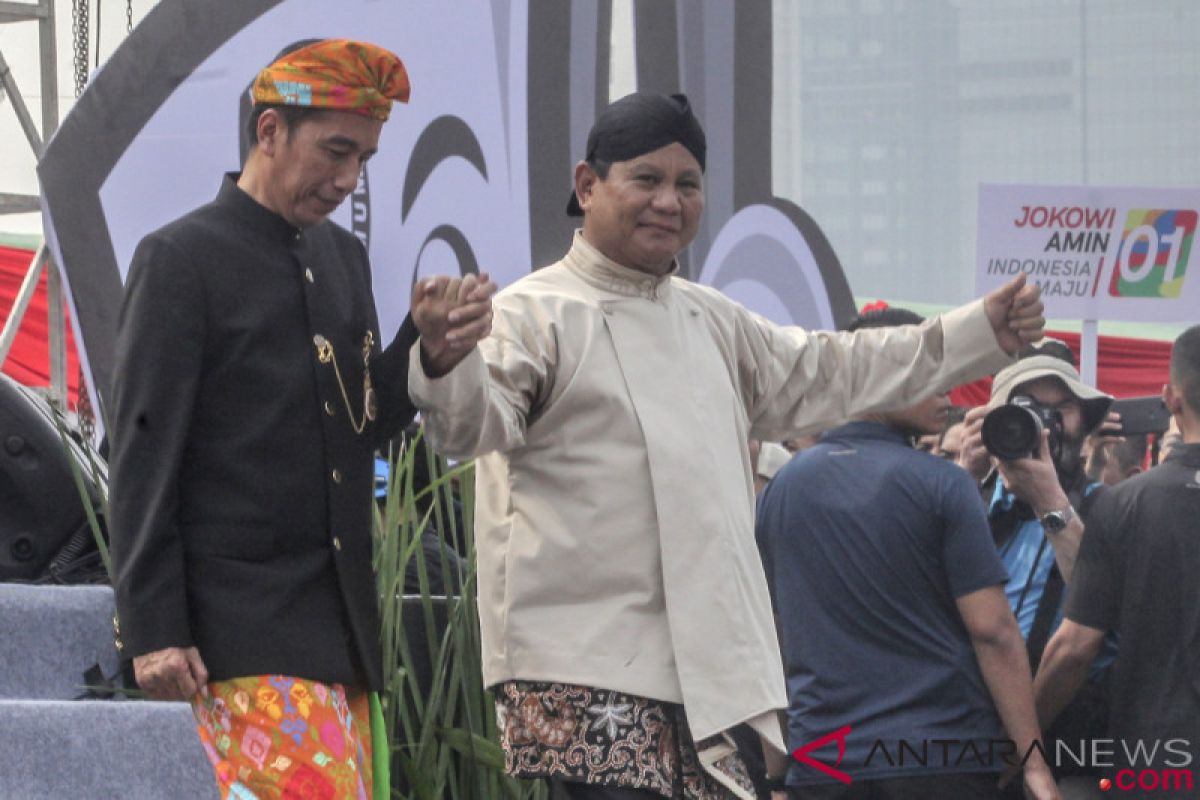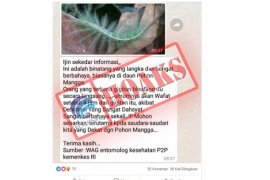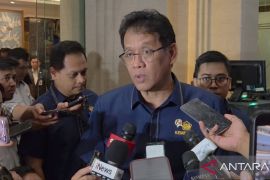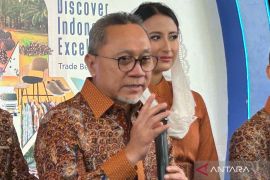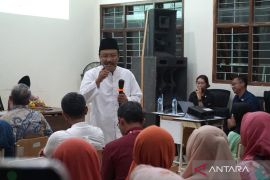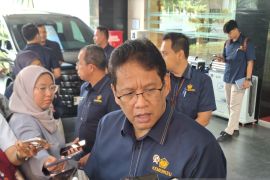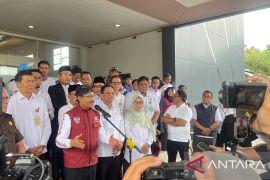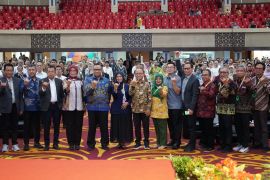Despite the commitment that the political elites, including the two pair of Indonesian presidential and vice presidential candidates, had echoed during an occasion in Jakarta on September 23, a real battle ground to win the hearts and minds of eligible voters is not just limited to the contestants.
Instead, the grassroots also join the battle by using various platforms of social media for influencing the political preferences of the people-at-large. However, certain irresponsible people use social media for spreading fake news and slanderous contents against certain figures.
Over the past few days, Sandiaga Salahuddin Uno, running mate of Prabowo Subianto, has been caught in the public spotlight after fake news circulated on a website containing an allegation that he has had an affair with a woman, only identified by her initials MB.
Sandiaga Uno denied the allegation, saying that it was, indeed, a slander. The slanderous content against Sandiaga Uno is perceived by various elements of society as a sort of black campaign for damaging his reputation as a vice presidential candidate.
According to local media, the website had been blocked by the Ministry of Communications and Informatics, and the police have begun probing this case.
In response to this slanderous fake news, Sandiaga Uno said the strong commitment of his camp to reject the proliferation of hoaxes, black campaigns, and practices of money politics to make the 2019 Parliamentary and Presidential Elections run fairly and peacefully remains unchanged.
Speaking in front of the National Mandate Party`s (PAN) cadres in Pekalongan, Central Java Province, on September 25, Sandiaga Uno said he would allow his success team`s members handle the response to this slanderous fake news.
"We let our team members handle the case. But, the fake news (on his affair with the woman) is a slander. It will reduce our sins," said the former deputy Jakarta governor and a successful businessman, who was born on June 28, 1969.
The proliferation of fake news, hate speech, and black campaigns has predictably become a serious challenge ahead of the country`s fiesta of democracy. Therefore, Head of the Indonesian Ulema Council (MUI) Advisory Council Din Syamsuddin has reminded all elements about this episode.
Instead, Din Syamsuddin called upon community members to respect a diversity of opinions among citizens, while society to rid itself of spreading hate speech and hoaxes ahead of the 2019 presidential election.
"Having different perspectives and political preferences is acceptable, but please do not spread blasphemy," he said, after speaking recently at a press briefing at the seventh biennial World Peace Forum.
Din Syamsuddin, who is currently the presidential special envoy for inter-religious dialogue and partnership, said spreading blasphemy contravenes the true value of religions.
Therefore, everybody should be able to avoid the proliferation of hate speech and hoaxes against the two pair of presidential and vice presidential candidates, said this former general chairman of Muhammadiyah, Indonesia`s second largest Islamic organization after the Nahdlatul Ulama (NU).
In connection with the spread of fake news, Head of the Indonesian Ulema Council (MUI) Advisory Council Din Syamsuddin has also warned that spreading hoaxes contravenes the true value of religions. Therefore, everybody should avoid the proliferation of fake news, he said.
In dealing with the proliferation of hoaxes, credible mainstream media still plays an important role but, as revealed by Peter Fray, an outstanding Australian journalist, what those working in media should do is build close collaboration among each other.
Thus, Peter Fray urged the mainstream media in Indonesia to collaborate in clamping down on fake news by conducting collaborative fact-checking efforts to meet their audience and readers` rights to obtain true information.
Speaking at the Indonesian Press Council`s Forum in Jakarta recently, Peter Fray told tens of local journalists that collaborative endeavors were needed, as fake news was sharable and spreads 10 times faster than factual news.
Fray, former editor-in-chief of The Sydney Morning Herald and currently a professor of journalism-practice at the University of Technology Sydney, said that fake news has now become a common challenge for many countries around the world, including Indonesia and Australia.
In combating it, Fray, who was the guest speaker of the forum, co-organized by the Indonesian Editor-In-Chiefs` Forum, Australian Embassy, and Press Council, underlined the importance of being transparent in the search for true information through fact-checking efforts.
"Be objective, be accurate, be transparent, be in the public interest, be easy to use, and be diverse," he noted.
Fray`s perspective was shared by former editor-in-chief of The Jakarta Post Endy M. Bayuni, who moderated the recent seminar, saying that collaborative efforts were needed among those working in the mainstream media to stop the spread of fake news by practicing quality journalism in the digital era.
For the senior journalist of Tempo Magazine, Bambang Harymurti, the fake news phenomenon was similar to drinking salt water, which makes people remain thirsty. At the end, they can only quench their thirst by drinking fresh water.
Apart from Harymurti`s encouragement for the country`s journalists, the proliferation of fake news and slander should be stopped to help Indonesians, as well as their leaders and members of parliament, to ensure fair and peaceful elections.
Editing by Suharto
Reporter: Rahmad Nasution
Editor: Suharto
Copyright © ANTARA 2018
